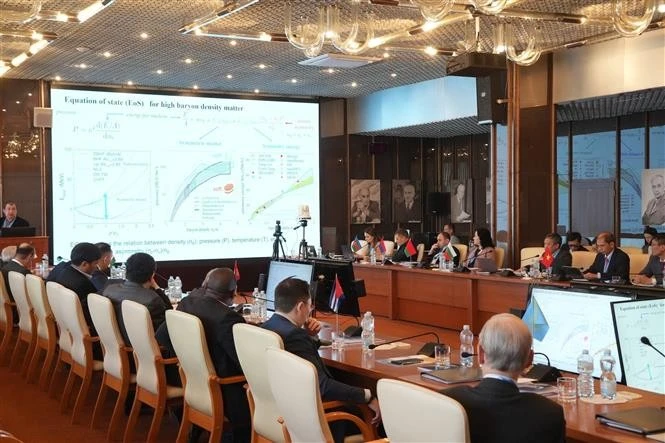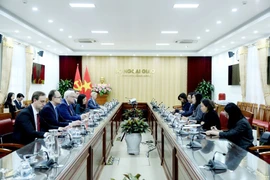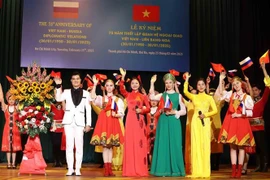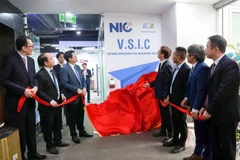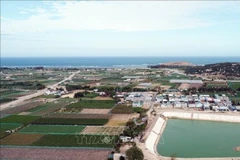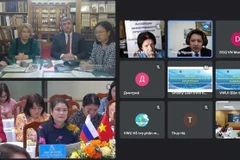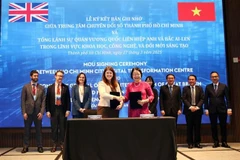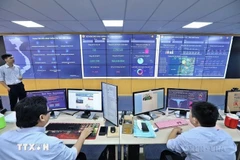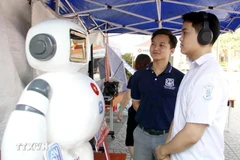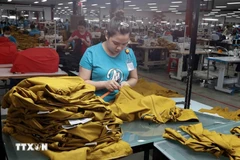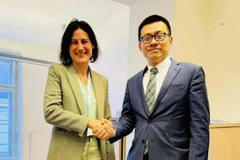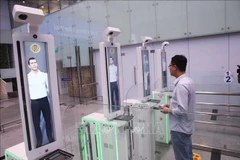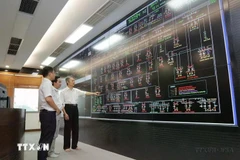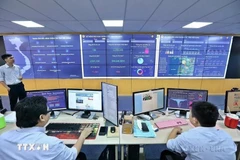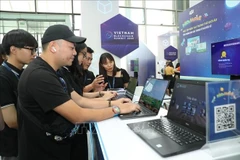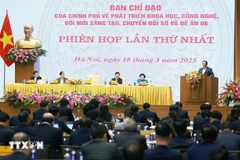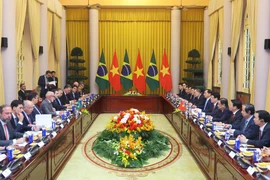Moscow (VNA) - Vietnam is one of the founding countries of the Joint Institute for Nuclear Research (JINR) in Dubna (commonly known as Dubna Institute), which is one of the leading scientific research institutes not only in Russia but also in the world.
During the wartime period, Vietnam sent distinguished scientists to JINR to study, conduct research, and contribute to fundamental scientific and technological advancements. Since 1982, when the Vietnam Academy of Science and Technology (VAST) became the official representative of Vietnam at JINR, the training of scientific personnel has been systematised, laying the foundation for the development of a high-quality scientific and technological workforce, playing a significant role in the country's renewal process.
In an interview with Vietnam News Agency correspondents in Russia during his business trip to attend the JINR Plenipotentiary Representative Meeting, Dr. Tran Tuan Anh, VAST Vice President, shared that Resolution 45 on developing the intellectual workforce, and Resolution 57 on developing science, technology, innovation, and digital transformation, issued by the Party Central Committee, will make the training of the next generation of scientists at Dubna more significant.
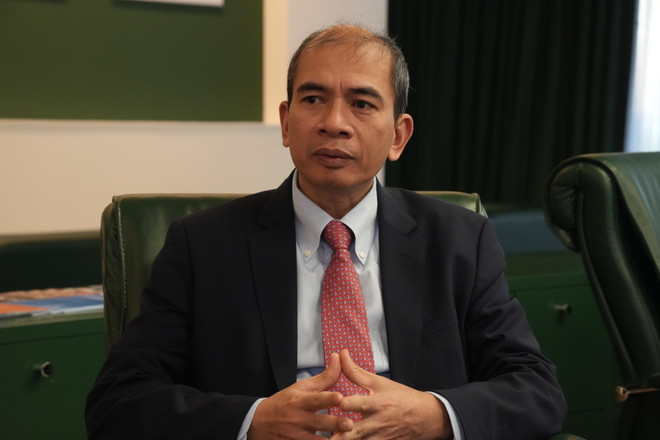
Recently, with the resumption of the policy on the use of atomic power and the atomic power development master plan, the Vietnamese scientists working and studying at the institute will also make important contributions to socio-economic development, helping in the high-level training of scientific and technical expertise, especially in fundamental science and its applications.
Dr. Grigory Trubnikov, Academician of the Russian Academy of Science and JINR Director, stated that there are currently about 30 Vietnamese scientists working at the Dubna Institute. Additionally, the institute is set to welcome nearly 20 others, demonstrating that its research field aligns with the interests of the Vietnamese Government.
Vietnam's policy for significant development in the field of science and technology has been embraced by the young scientific community at the Dubna Institute, sparking a new and strong motivation for international cooperation, and scientific research, and establishing the country’s solid presence in the global high-tech science and technology arena./.
